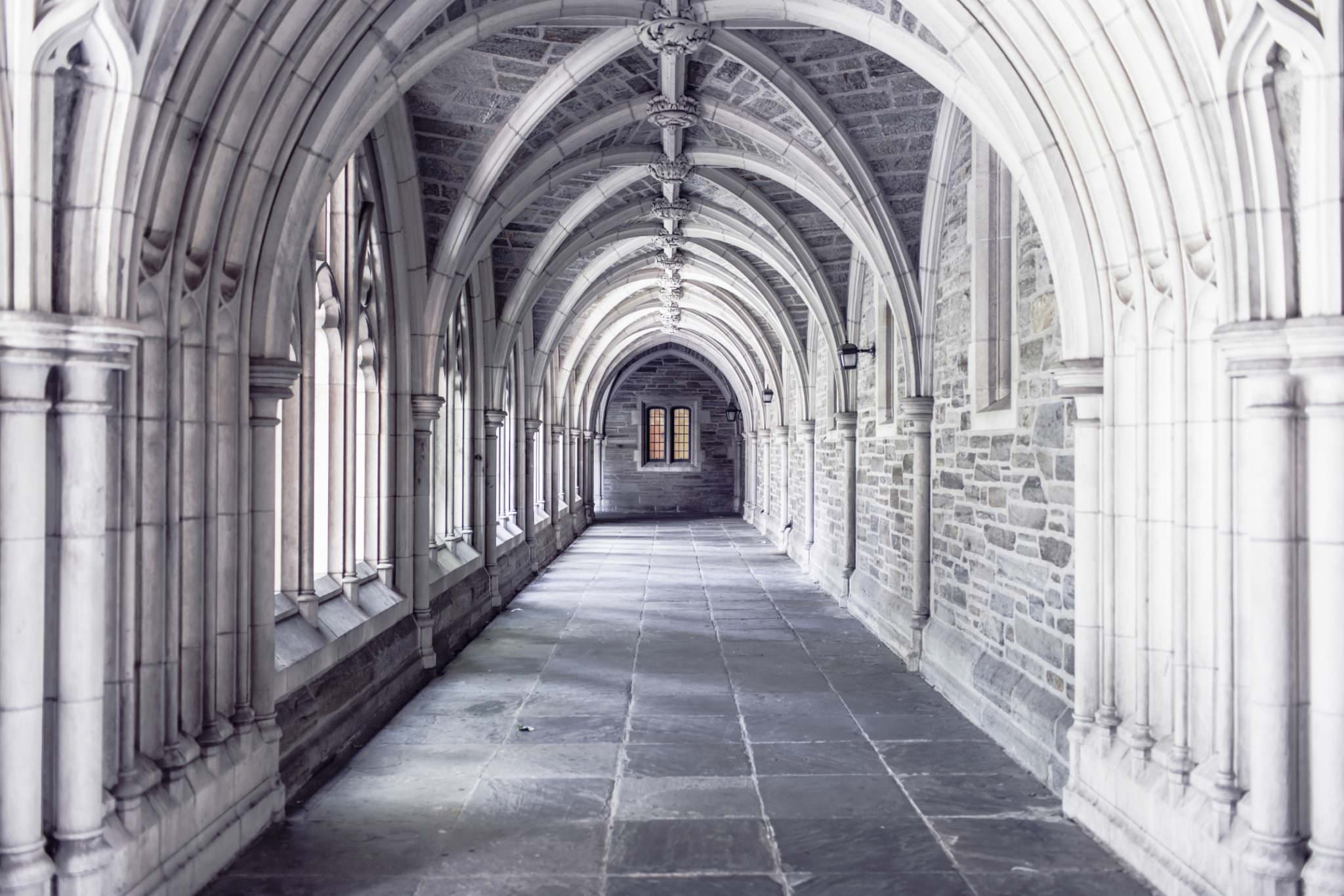Art and Culture
Where Are The Conservative Professors?
In this environment, it’s almost impossible to find anyone — students or professors — who admit they hold conservative views.

As a college student, progressive ideology pervades all aspects of my life. Everywhere I turn there’s always more people preaching the gospel of feminist theory, advocating for socialism, or talking about fossil fuel divestment.
In this environment, it’s almost impossible to find anyone — students or professors — who admit they hold conservative views. To be public about those views could be equivalent to committing social or career suicide.
Which I find strange. Isn’t one of the hallmarks of the college experience learning and debating with people whom you don’t agree with?
My college prides itself on diversity. Yet, our diversity statistics deftly conceal the fact that there is one type of diversity that we lack: political diversity.
At colleges around the nation, the progressive ideology reigns supreme. If progressivism is queen, then colleges around the nation are its throne. And in this regime where progressive ideologies are vaunted—particularly socially liberal ideas — the monarchy cannot tolerate conservative dissenters. Heretic! Woman hater! Cis-heterosexist, racist homophobe! The henchmen snarl.
This ideological homogenization of academe is extremely harmful to a well-rounded education and to students’ political growth. This must end.
Earlier this week, I wrapped up my fourth year of college. I spent two years at Cleveland State University, a large public institution, while I was technically a high-school student, and just finished my second year at Barnard College, a small private school in Manhattan. I’ve also taken classes at Columbia College, a class at the Columbia University graduate school for public affairs, and I have periodically audited a few classes at a local community college in Cleveland.
Never have I been taught by an openly conservative professor. (Or at least, one that I could tell was conservative.)
According to Nicholas Kristof, writing in the New York Times, studies have pegged the proportion of Republican professors in the humanities from roughly 6% to 11%. In some cases, he says, it’s even easier to find a Marxist than a Republican in the academe. In my experience, that’s true.
And I find this tragic. But why? I was raised with socially and economically leftist views; I’ve worked with nonprofits for a variety of causes including welfare, food stamps, gays, trans people, and the environment. I should be glad that I’m being taught by people who share my viewpoints, right? Wrong.

The fact that I have never been taught by an openly conservative professor means I have never had a professor that I don’t agree with. When I asked my friends, none of them could identify a time when they radically disagreed with a professor either.
Thus, we students are in a state of intellectual poverty — in such a dystopian college enclave that we’ve never been exposed to alternative ways of thinking.
The first problem with this is that it subordinates the political consciousness of students to homogenized groupthink. Professors are powerful; students look up to them. The opinions that a professor holds will inevitably be inculcated into his or her students.
Although professors are expected to be politically neutral in the classroom, in reality, few are. Most seem to be moderate or progressive, which is fine. I enjoy when professors bring their values and anecdotes to class; it’s easier to learn from a person when I know things about them. Otherwise, professors can seem cold and robotic, like a tape recorder.
I’m not advocating for ideology-free curriculum, but simply a professoriate with a multiplicity of views, so that students aren’t pushed too far into the maw of one ideology.
The failure of universities to employ openly conservative professors means that many students will rarely have a chance to face and debate opposing views. How does one skillfully defend their own views if they don’t know what the competition believes?
Another issue is that many people homogenize the political-right because they’ve had such limited exposure to it. If you’ve never met a conservative person, it’s easy to reduce them into a series of caricatures.
I should know; it wasn’t until recently that I realized that, despite what I was taught growing up, all conservatives do not hate all women, gays, racial minorities, or poor people. They simply use a different logic and draw on a different value system.
For most college students, this also renders them deprived of learning about the principles and foundations of conservative thought.
For example, it is easy for a young progressive to reduce a conservative man who is against abortion into a common trope; “he hates women and doesn’t want them to have control over their bodies!” the liberal college student can say.
When in reality, the conservative man may not care about controlling women’s bodies at all. He may just be someone who despises the notion of an innocent baby being killed.
Can you really fight an ideology that you don’t understand the internal logic of?
Colleges educate the next generation of opinion leaders, politicians, and government officials. When students are inculcated into a progressive orthodoxy that neglects to teach the beliefs of the opposition, not only are students unable to fight it properly, but they’re also unable to realize that in some cases, the opposition might actually be worth listening to.






